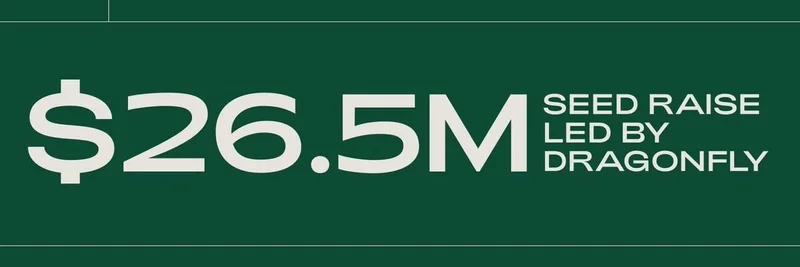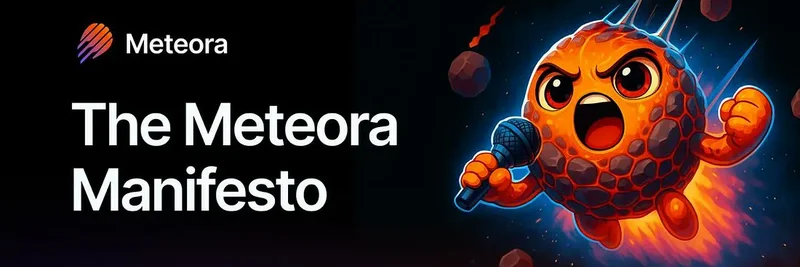Santiago Santos, a prominent figure in the crypto space, just dropped some big news on X about his new venture, Inversion Capital. He's excited to announce their seed round, raising a whopping $26.5 million led by Dragonfly Capital, with a bunch of top-tier funds and operators jumping in. If you're into meme tokens, you might be wondering how this fits into the wild world of crypto speculation. Let's break it down in simple terms.
Santos started Inversion because he's tired of waiting for crypto to hit the mainstream. For too long, crypto's been seen as just a casino—think high-stakes bets on meme coins like Dogecoin or newer ones popping up daily. But Santos argues crypto is way more: it's core infrastructure that can make businesses run smoother, faster, and cheaper, much like the internet did back in the day.
The big question he poses: If stablecoins (digital dollars that stay steady in value) and DeFi (decentralized finance, basically banking without banks) are so game-changing, why aren't billions using them? Inversion's answer is to flip the script—or "invert the playbook," as they put it.
Here's how they're doing it:
- Acquire distribution instead of building from scratch: They buy existing businesses with established customers.
- Transform businesses with crypto: Purchase companies and shift them to crypto rails to cut fees, reduce chargebacks (those pesky refund disputes), speed up settlements, and lower costs.
- Make crypto invisible: Users don't need to learn blockchain jargon; it just works in the background.
- Focus on business logic over ideology: No preaching about decentralization; just show the bottom-line benefits.
This approach could be huge for meme tokens. While memes thrive on hype and community, broader crypto adoption means more on-ramps for new users. If Inversion succeeds in bringing real-world businesses onchain, it could flood the ecosystem with fresh capital and participants, giving meme projects more liquidity and visibility. Imagine meme coins integrated into everyday apps or payments—speculation meets utility.
Santos shouts out his co-founder Dannheim, who came from leading crypto at Goldman Sachs. They're hiring too, so if you're a blockchain whiz, check out their careers page.
The investor lineup is stacked: Dragonfly Capital at the helm, with heavy hitters like VanEck, ParaFi Capital, Faction VC, Topology VC, Balaji Srinivasan, EV3 Ventures, Borderless Capital, Mirana, Metalayer VC, HashKey Capital, Race Capital, Portal Ventures, Wintermute Ventures, Moonrock Capital, Breed VC, Casey Caruso, Walter Kortschak, Rebecca Rettig, Soona Amhaz, Jane Hong, Volt Capital, Lvna Capital, Folius Ventures, Comfy Capital, Mike Dudas, Guy Oseary (wait, that's gdog97_ for Ethena), Jason Yanowitz, The Rollup, Primordial AA, Max Power, Patrick O'Grady, DCF God, Andrew Steinwold, Web4O, Omar Shakeeb, Parker Poor, Joshua Lim, Namik Muduroglu, Serge Kassardjian, and Serge Fault Doctor (likely segfaultdoctor).
For more deets, peep the Wall Street Journal article.
In a space where meme tokens often steal the spotlight for their viral potential, Inversion's strategy reminds us that real growth comes from utility. By hacking mass adoption through business acquisitions, they might just pave the way for memes to evolve beyond pumps and dumps into something more sustainable. Keep an eye on this—real GDP onchain could supercharge the entire crypto scene, memes included.




